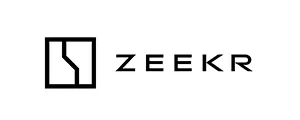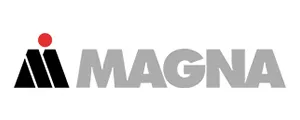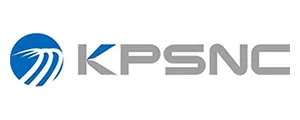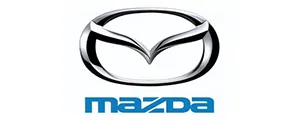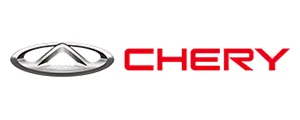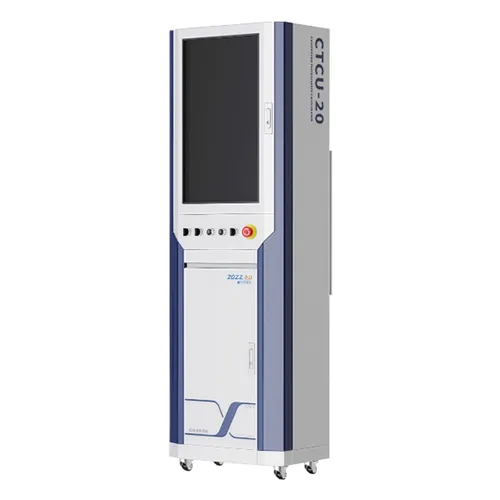
The CTCU centralized mold temperature control system brings together multiple temperature control devices on your die casting production line including the ThermLoop intelligent control system and water temperature units into one integrated platform. By responding to real-time process requirements, it intelligently adjusts operating parameters across all connected devices, ensuring precise energy distribution. The CTCU is designed for compatibility with different brands and models of die casting equipment, making it equally suitable for new installations and upgrades to your existing production lines.
In the die casting of automotive engine blocks and cylinder heads, precise temperature control systems are critical.
For aluminum housings of smartphones and tablets, extremely high demands are placed on surface quality and dimensional accuracy.
In aerospace, key parts such as aircraft engine blades require extremely strict mold temperature control.
In the production of large integrated die castings such as automotive body frames for new energy vehicles, an advanced mold temperature control system enabled uniform and precise control of large molds.
We provide complete mold temperature control solutions to help you achieve stable quality, shorter cycles and reduced costs. Let’s find the right system for your needs.
Temperature fluctuations can be caused by several factors. These include faulty or improperly calibrated temperature sensors, issues in the heating or cooling systems (such as damaged heating tubes or clogged cooling pipelines), or poor mold heat dissipation. Unreasonable process parameter settings may also contribute. Regular inspection, cleaning, and parameter optimization can help stabilize the system.
First, check the power supply to ensure connections are intact and switches, plugs, or circuits are not damaged. If power is normal, check whether the overload protection device has been triggered. If neither is the case, the issue may lie in the control system or a key component. In that case, contact professional after-sales personnel for further diagnosis.
Standard warranty is 12 months from acceptance. It covers non-human faults with free repairs, replacement of faulty parts, and technical support.
A response system is in place with performance tracking. If service is unsatisfactory, customers may escalate complaints to customer support, which ensures follow-up by assigned personnel.
